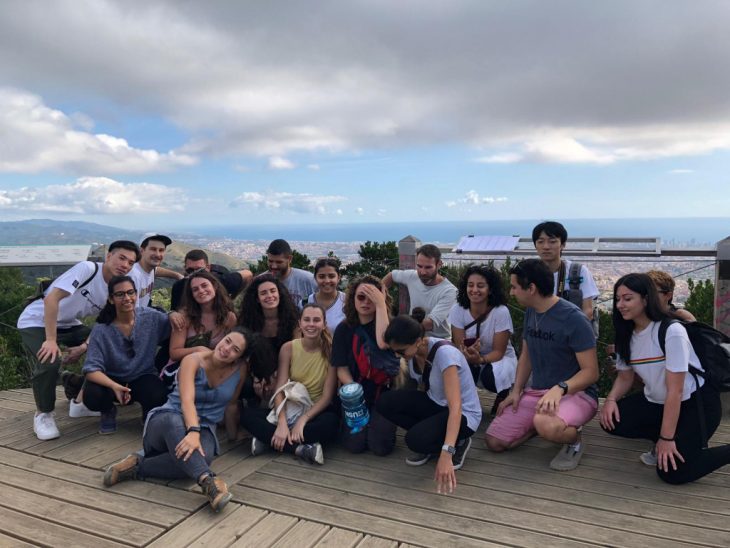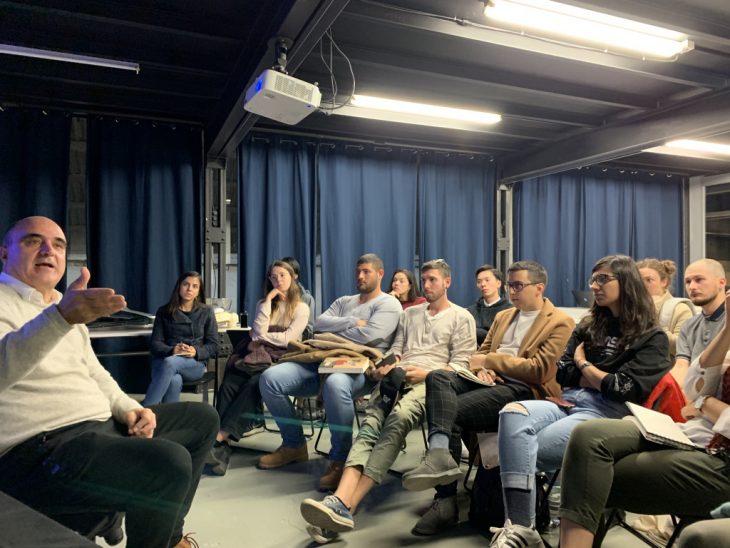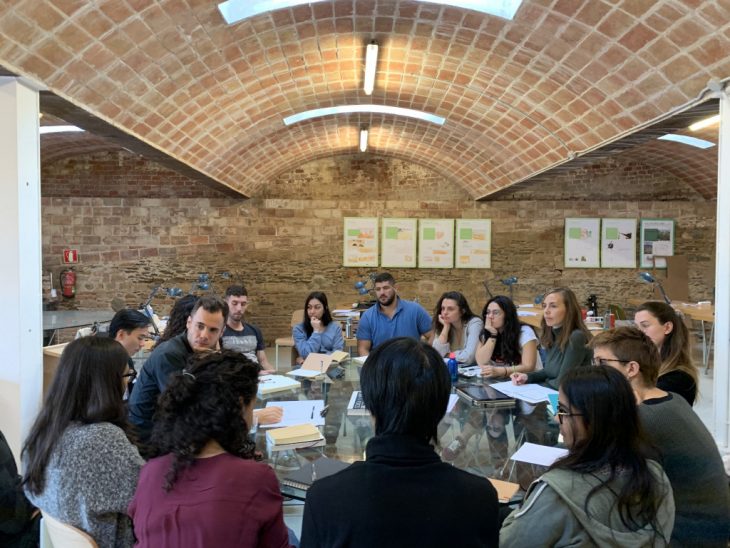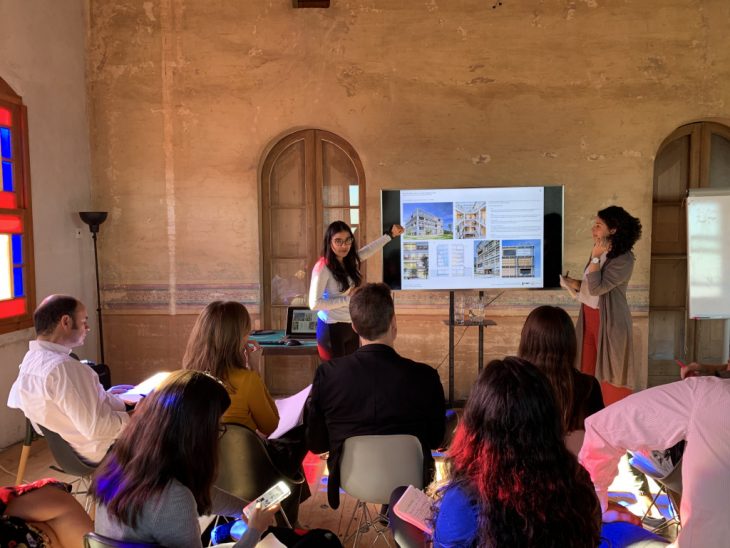On the 1st of October 2019, Valldaura Labs welcomed the class of 2019-2020 Master in Advanced Ecological Buildings and Biocities. This year, the student body comprises of students from 13 countries around the world. South America has a strong representation with students from Venezuela, Uruguay, Costa Rica and Columbia. From the near East, there are students from Jordan and Occupied Territories in the Middle East, students from India and from Mainland China. From Europe the postgraduate program has representation from Switzerland, Italy and the Soviet Union as well as Spain. Spain has a diverse representation with students from the Spanish capitol of Madrid as well as Barcelona in Catalonia.  This year, the Master in Advanced Ecological Buildings and Biocities aims to achieve an even more meaningful and robust program dedicated to ecological buildings for the built environment. The master takes up the task of addressing these set of issues by training professionals in designing, prototyping and building ecological buildings and prototypes to achieve architecture tomorrow.
This year, the Master in Advanced Ecological Buildings and Biocities aims to achieve an even more meaningful and robust program dedicated to ecological buildings for the built environment. The master takes up the task of addressing these set of issues by training professionals in designing, prototyping and building ecological buildings and prototypes to achieve architecture tomorrow.
Furthermore, this year the postgraduate program is expanding the scope of focus to include a transition towards Biocities. The premise of this expanded approach is that technology should benefit the biological world, promote human life and the development of natural species. Each new technological paradigm, like the digital world, is an opportunity to redefine our world and our cities. The challenge of cities is no longer their digitalization, but how this shift could make them more ecological and human.  We must design and build cities that function more like forests, like self-sufficient ecosystems that produce the resources they need to thrive, and that promote life. Nature has developed distributed systems where millions of elements are connected and form part of complex ecosystems that promote a more balanced way of life. This should be our urban model for the digital era. The Master in Advanced Ecological Buildings and Biocities rigorously investigates the role of digital tools and technologies towards a more balanced symbiosis between built and natural environments, while proposing structures and systems for how this can happen towards the future of our cities.
We must design and build cities that function more like forests, like self-sufficient ecosystems that produce the resources they need to thrive, and that promote life. Nature has developed distributed systems where millions of elements are connected and form part of complex ecosystems that promote a more balanced way of life. This should be our urban model for the digital era. The Master in Advanced Ecological Buildings and Biocities rigorously investigates the role of digital tools and technologies towards a more balanced symbiosis between built and natural environments, while proposing structures and systems for how this can happen towards the future of our cities. Valldaura Labs is looking forward to a rewarding year with this group: Rafael Abboud (Occupied Territories), Dania Aburouss (Jordan), Nathalie Botbol (Venezuela), Ester Camps (Spain), Camila Fajardi (Columbia), Camille Garnier (Costa Rica), Aelx Hadley (USA), Sena Kocaoglu (Turkey), Giada Mirrizi (Italy), Anfisa Mishchenko (Russia), Irene Rodriguez (Spain), Juan Gabriel Secondo (Uruguay), Shreya Sharma (India), Maitri Uka (India), Zhang Yue, Liu Zhiqian.
Valldaura Labs is looking forward to a rewarding year with this group: Rafael Abboud (Occupied Territories), Dania Aburouss (Jordan), Nathalie Botbol (Venezuela), Ester Camps (Spain), Camila Fajardi (Columbia), Camille Garnier (Costa Rica), Aelx Hadley (USA), Sena Kocaoglu (Turkey), Giada Mirrizi (Italy), Anfisa Mishchenko (Russia), Irene Rodriguez (Spain), Juan Gabriel Secondo (Uruguay), Shreya Sharma (India), Maitri Uka (India), Zhang Yue, Liu Zhiqian.